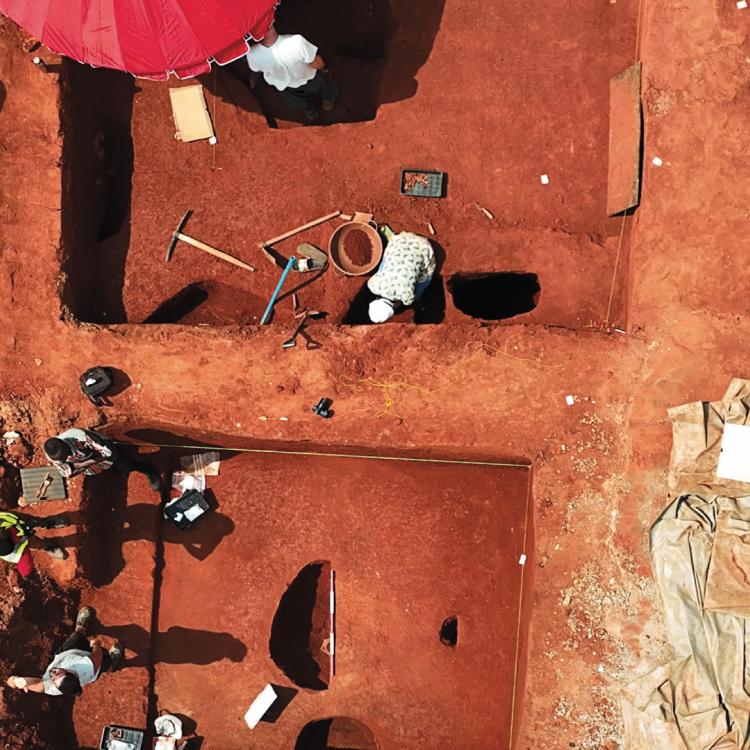Key project information
December 2021 – December 2025
Contact details
Email: [email protected]
Enhancing understanding of Benin City's historic urban development and heritage through pre-construction archaeology.
The MOWAA Archaeology Project aims to deliver the most extensive archaeological research undertaken in Benin City, Nigeria since the 1960s. This groundbreaking multi-year endeavour is in partnership with the Museum of West African Art (MOWAA) and the Nigerian National Commission for Museums and Monuments (NCMM), and UK delivery partners, Cambridge Archaeological Unit and Wessex Archaeology.
Framed within the delivery of pre-construction archaeology − in the context of the development of MOWAA's pioneering cultural campus at the centre of the historic city − the project will improve understanding of the history of the Kingdom of Benin. It will include the study of the Kingdom's historic arts traditions, urban growth and cultural development, using the latest archaeological and scientific technology and approaches.
The MOWAA Archaeology Project encompasses collaborative excavations, laboratory analysis, public engagement activities with local communities, and knowledge exchange programmes. A key aspect of the project is supporting MOWAA's development of a new team of young Nigerian archaeologists and the creation of the MOWAA Institute, opening in 2024.
Find out about the latest project news.
About the project
A joint Nigerian and British team are surveying and excavating the site of MOWAA's upcoming campus which falls within the historic centre of Benin City, destroyed and looted by British forces in 1897. Archaeological investigations have initially focused on the site of the MOWAA Institute, a pioneering new centre for research and conservation, and the adjacent Rainforest Gallery (a world-class exhibition space due to open in 2025).
Stratified remains of settlement dating back to at least 600 years ago through to the 1900s have been uncovered, including evidence of pre-colonial buildings and habitation areas, wells, cisterns and metallurgical workshops. Evidence of the British invasion and the development of the colonial period occupation has also been found. Ongoing field research and post-excavation analysis will aim to improve understanding of the production context for the Benin Bronzes and other arts and cultural traditions. This work will draw on knowledge from Benin's living artistic culture and its artisans and be used to examine various aspects of everyday life.
In partnership with Nigerian universities and NCMM, the project will offer development and training opportunities for young Nigerian archaeologists and in co-ordination with national and local agencies support development of a blueprint for best practice in pre-construction archaeology in Nigeria. Through a major public programme, the project will make new discoveries accessible to local communities, preserving and protecting heritage in the context of a new urban development, demonstrating the potential of history and archaeology to inspire and enrich the lives of a broad range of communities.
Aims
The aims of this project are to:
- Establish an accurately dated stratified sequence for the historic core of Benin City and re-examine previous excavations on the site with the use of modern dating methods.
- Understand the function and evolution of the historic Palace complex and its relationship to the wider city in pre-colonial times.
- Investigate archaeological evidence for the 1897 destruction of Benin City and development of the use of the former Palace site in the following decades.
- Analyse different objects and object categories recovered from the site to further understand the production and social and cultural context of artisanal activity over time, with specific reference to the Benin guild tradition, including bronze casting.
- Explore historical regional and transregional trade networks.
- Use environmental evidence to explore the interaction between the Palace district, the surrounding settlement and the wider forest landscape.
The project will:
- Deliver a well researched programme of pre-construction mitigation archaeology and establish an archaeological archive resulting from the project.
- Deliver knowledge exchange programmes for young Nigerian archaeologists both on site and through a series of annual placements at the British Museum and other UK partners.
- Connect with nearby residents and families through a programme of community engagement, including school visits and open days to an active archaeological site.
- Create a material archive of all the finds recovered from the excavations (according to the terms of long-term loan agreements with NCMM) to form a teaching and learning resource as part of MOWAA's collection.
- Involve students from Nigerian universities in cross-disciplinary learning, practical exposure to live research and creative community projects through the Unearth: Discovering Archaeology Together programme.
Meet the team
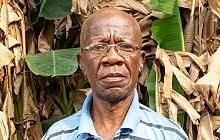
Adebayo Folorunso
Research Co-Lead
MOWAA

Sam Nixon
Research Co-Lead
Department of Africa, Oceania and Americas
British Museum
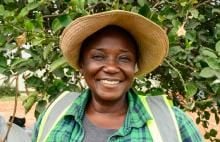
Anna Adamu
NCMM Lead
National Commission for Museums and Monuments (NCMM)
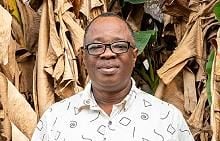
Segun Opadeji
Field Director and Lead Archaeologist
MOWAA

Abidemi (Tunde) Babalola
Lead Archaeologist
Department of Collection Projects and Resources
British Museum

Charles Le Quesne
Project Manager and Interim Head, Archaeology
MOWAA
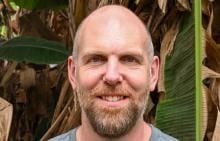
Marcus Brittain
Senior Project Officer
Cambridge Archaeological Unit
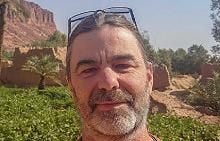
Chris Breeden
Spatial Data and Digital Innovation Manager
Wessex Archaeology

